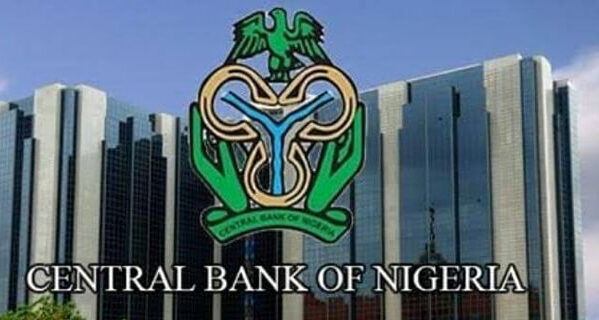The Central Bank of Nigeria (CBN) has set structures in place to look out for questionable funds like hot money, laundered funds, monies borrowed from the financial system among others.
According to a CBN implementation guideline on recapitalisation, an investorscan not borrow from the banking system to invest in the same system.

The apex bank has also engaged other regulatory institution like the Securities and Exchange Commission (SEC), the Corporate Affairs Commission (CAC) among others, to reduce the impact of regulatory costs and taxation challenges.
With exclusion of detained earnings, the CBN intends to raise fresh and high quality capital. This will prevent capital recycling and unsustainable fundings.
Only recently, the Governor of the Central Bank of Nigeria (CBN), Mr. Olayemi Cardoso, assured that the apex bank will continue to collaborate with relevant financial institutions, the fiscal authorities and the National Assembly to ensure a successful recapitalisation exercise, including providing adequate protection of property rights and interests of minority shareholders.
Cardoso made the pledge in London, while speaking to stakeholders on “The Impact of the Recapitalization of Nigerian Banks” at the UK-Nigerian Chamber of Commerce.
Represented by the Bank’s Deputy Governor, Financial Systems Stability, Mr. Phillip Ikeazor, Cardoso restated the CBN’s commitment to fostering stronger, healthier, and more resilient banks capable of withstanding economic shocks and supporting the Government’s goal of achieving a GDP of US$1 trillion by 2030.
According to him, the anticipated impact of the recapitalisation programme will include an increase in banks’ lending capacity, a boost in the volume of foreign direct investment (FDI), and an increase in foreign exchange liquidity.
He said the exercise would also contribute to GDP growth, better risk management, improved credit ratings, a diversified ownership base, better governance and strategic decisions, and increased market volume and value, leading to a more vibrant equity market.
“With the recapitalisation programme, our goal is to trigger the emergence of stronger, healthier and more resilient banks,” he added.
He noted that several factors influenced the new minimum capital requirements, including macroeconomic conditions, stress test outcomes, and the need for improved risk management.
“We will rigorously enforce our “fit and proper criteria” for prospective new shareholders, senior management, and board members of banks, and proactively monitor the integrity of financial statements, adequacy of financial resources, and fair valuation of banks’ post-merger balance sheets,” Cardoso assured.
He noted the significant opportunity it presents to engage investors, policymakers, and technocrats on the critical issue of bank recapitalisation in Nigeria.
Cardoso explained that since his assumption of office in October 2023, his priorities at the CBN have included achieving monetary and price stability, maintaining a stable exchange rate, controlling inflation, and creating an enabling environment for businesses.







